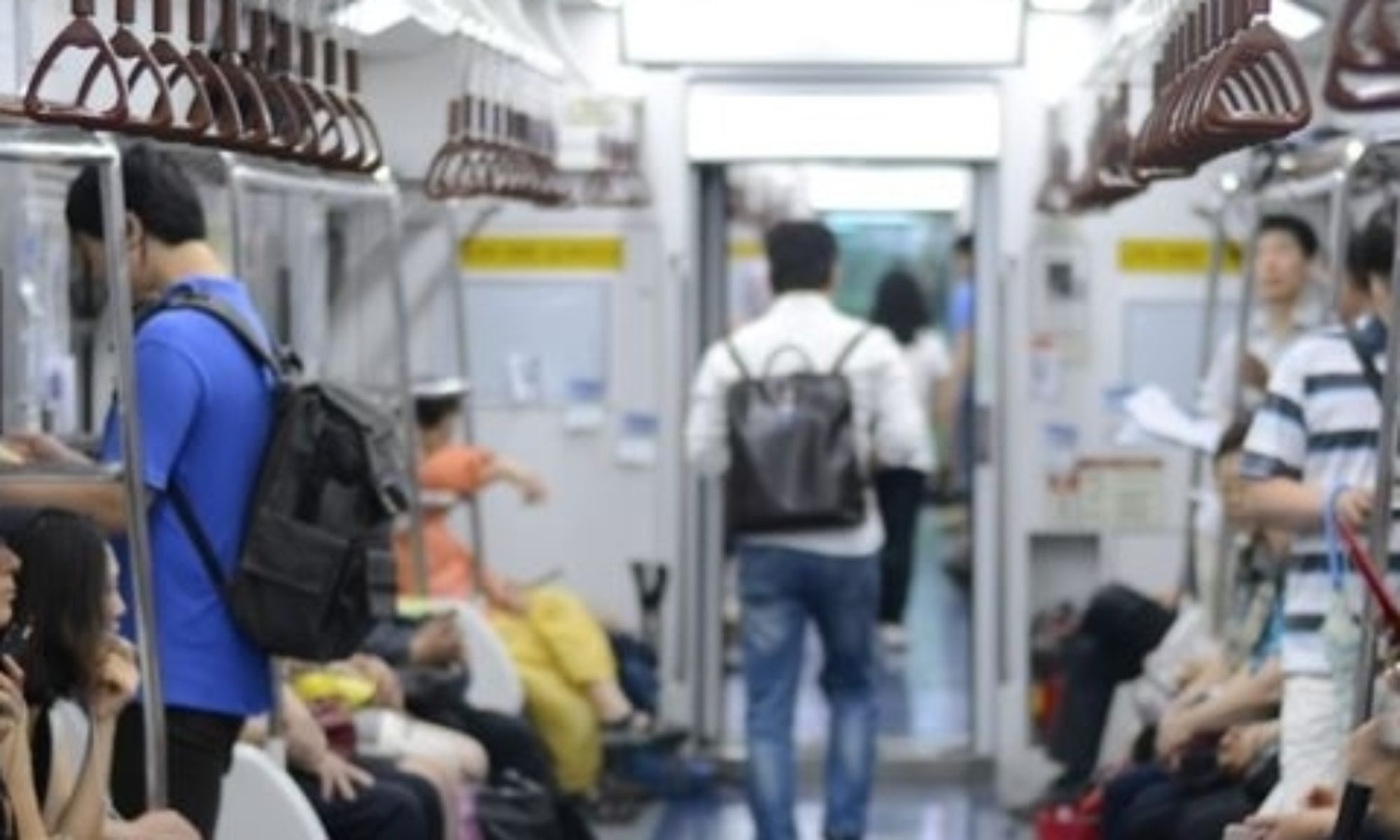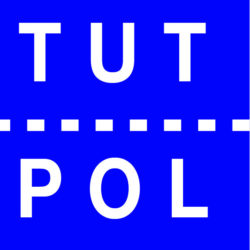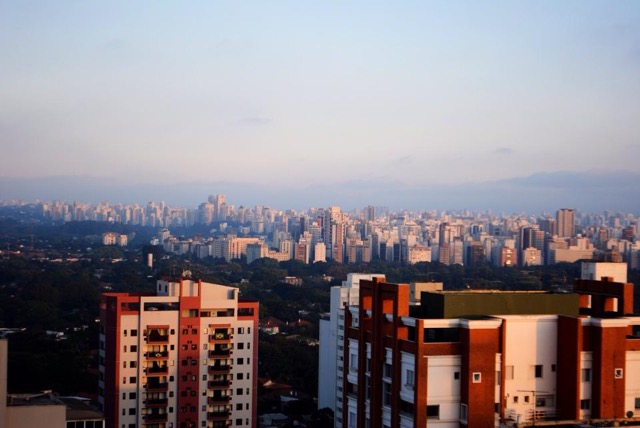In 2013, cities across Brazil erupted in riots over something perhaps unexpected: bus fares. Sparked by a $0,20R hike in bus fare in São Paulo and instigated by previous demonstrations by the civil organization Movimento Passe Livre (often translated as the “Free Rider Movement”), paulistanos took to the streets and demanded changes to the transportation system (among other more nebulous concerns). An estimated 110,000 participants took part in demonstrations in São Paulo on June 20th, 2013.
In a perhaps surprising move, given Brazil’s political reputation in the rest of the world, São Paulo Mayor Fernando Haddad responded by stabilizing fares, adding 300km of segregated bus lanes, and improving transparency of public data. The conversation around transport sparked conversations around other public services, and became an anchoring point for numerous grassroots organizations wishing to further social change.
This report, which emerged as part of the preliminary research for the TUT case study cities, explores the connection between mobility and transportation. Based on interviews with academics and civil servants, as well as primary ethnographic research, it finds that the movement in Brazil in 2013-2014 was not just about a small fare increase; it was about accountability in local government and citizens’ right to access the city.


